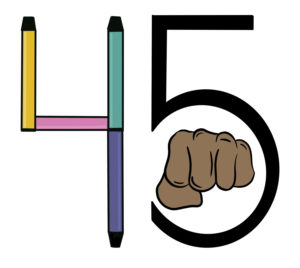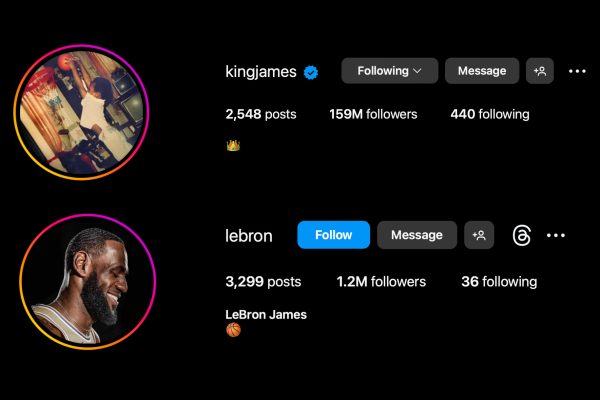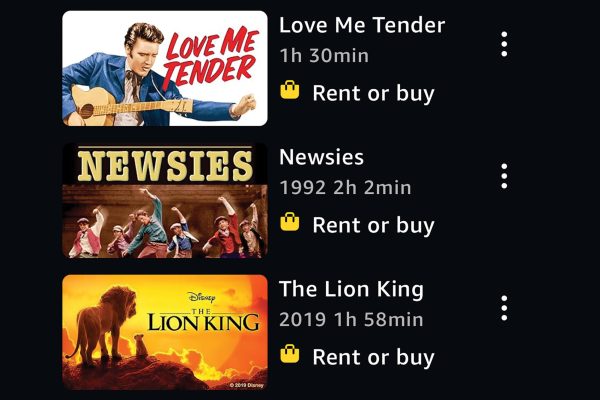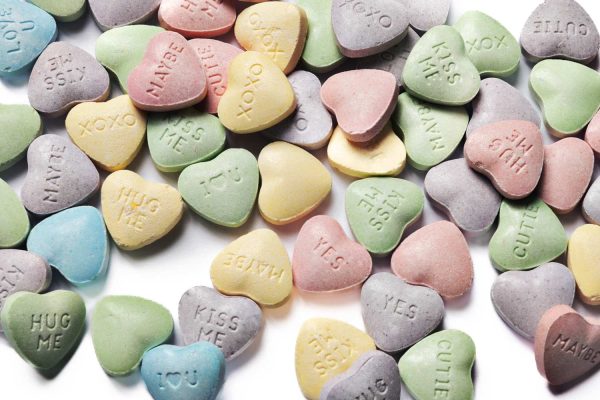Don’t get coffee-ed away
Teenagers are consuming too many caffeinated drinks
September 25, 2017
Teenagers live busy lives, juggling their social life with school, sports, work and other extracurricular activities. Some have to stay up until the early hours of the morning to finish their English or history class homework. To stay up during those long nights teens consume caffeinated drinks, with the most famous being coffee.
Many teens do not get enough sleep to feel refreshed in the morning. Only 15 percent of teens get eight or more hours of sleep on school nights, according to the National Sleep Foundation. The other percentage of sleepless teens rely on coffee to help them stay awake during first period.
“I drink [coffee] a lot,” Senior Zion Rogers said. “I drink it every morning and sometimes I drink it at night. Everyday before school I drink a big cup of coffee.”
Coffee is one of the most popular form of caffeine, which is a natural and legal stimulant. In the right amount, it will most definitely help you get through late nights and early mornings, but just like drugs, too much can be addictive and can be bad for your health.
A cup of coffee contains 80 to 175 milligrams of caffeine, depending on what coffee bean is used and how it is prepared, for example long black, latte and espresso. Drinking more than the recommended amount can give make you anxious, give you stomach ache, rapid heart beating, headaches, diarrhea and jitters.
“Before I quit [drinking coffee],” senior Mariah Jones said. “I drank about three and a half to four cups a day. The amount of coffee I drank was up to twelve ounces a day.”
According to the Mayo Clinic, most adults can safely consume 200 to 300 mg of caffeine per day, or about the equivalent of two to four cups of coffee. For teenagers, the recommended daily limits may be even lower. Teens should drink no more than 100 mg of caffeine per day, or one cup of brewed coffee, the TeensHealth website recommends.
“I would drink one [cup of coffee] before going to school, one right after school, one before my tutoring and one before I start my homework,” Jones said. “Before I quit, it was an everyday deal. Coffee woke me up. It was what gave me energy through the day.”
For a teenager developing their brain, sleep is just as important as consuming food and water. Caffeine can disrupt your sleeping patterns and may cause insomnia, lethargy, agitation, anxiety, shakiness, dizziness- the list goes on.
“I started drinking coffee last year because junior year is really stressful. I would stay up until two in the morning trying to finish a paper and that’s why I started drinking a lot since then,” Rogers said. “I mainly drink it so I won’t be tired during the day since because I need one thousand hours of sleep.”
If a teenager regularly uses at least 400 mg of caffeine, they subject themselves to addiction. John Hopkins Medicine warns that addicted teens suffer from withdrawal symptoms like achy muscles, headaches, fatigue, sadness, vomiting and impaired mental focus. Symptoms are often avoidable by slowly cutting off caffeine intake rather than stopping abruptly, which lets the body get used to the reduced amounts.
There are many other non-caffeinated drinks that will help you stay focused on any task and awake during every class period that comes your way; recommended drinks can be ginseng tea, pomegranate juice, green tea, warm water with a slice of lemon and earl grey tea. Teenagers should be careful and mindful during the consumption of caffeine, they are consuming psychoactive substances that can cause awful health problems if over consumed.




















